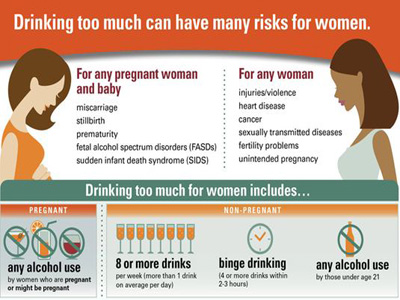“Telomeres, the protein caps on the ends of human chromosomes, are markers of aging and overall health,” said Naruhisa Yamaki, a clinical fellow at the Kobe University Graduate School of Medicine. Yamaki explained that every time a cell replicates, a tiny bit of telomere is lost, so they get shorter with age. But some groups may have shorter telomeres for reasons other than aging.
“Our study showed that alcoholic patients have a shortened telomere length, which means that heavy drinking causes biological aging at a cellular level,” he said. “It is alcohol rather than acetaldehyde that is associated with a shortened telomere length.”
Yamaki and his co-authors recruited 255 study participants from alcoholism treatment services at Kurihama National Hospital in Yokosuka, Japan: 134 alcoholic patients and 121 age-matched controls or non-alcoholics, ranging in age from 41 to 85 years old. DNA samples, as well as drinking histories and habits, were collected from all participants.
“We also found an association between telomere shortening and thiamine deficiency (TD),” said Yamaki. “TD is known to cause neuron impairments such as Wernicke-Korsakoff Syndrome. Although how exactly TD can cause neural impairments is unclear, it is well known that oxidation stress cause telomere shortening and, thus, it is possible that oxidation stress may also cause neuron death.”
Yamaki added that it’s important for the public to understand that heavy drinking causes telomere shortening because “awareness of this fact provides important information necessary for people to live healthier.”

















Related Items
Drinking water to millions of pilgrims through 233 Water ATMs in Kumbh
Can Environmental Toxins Disrupt The Biological “Clock”…?
Residents Protest Lack Of Safe Drinking Water